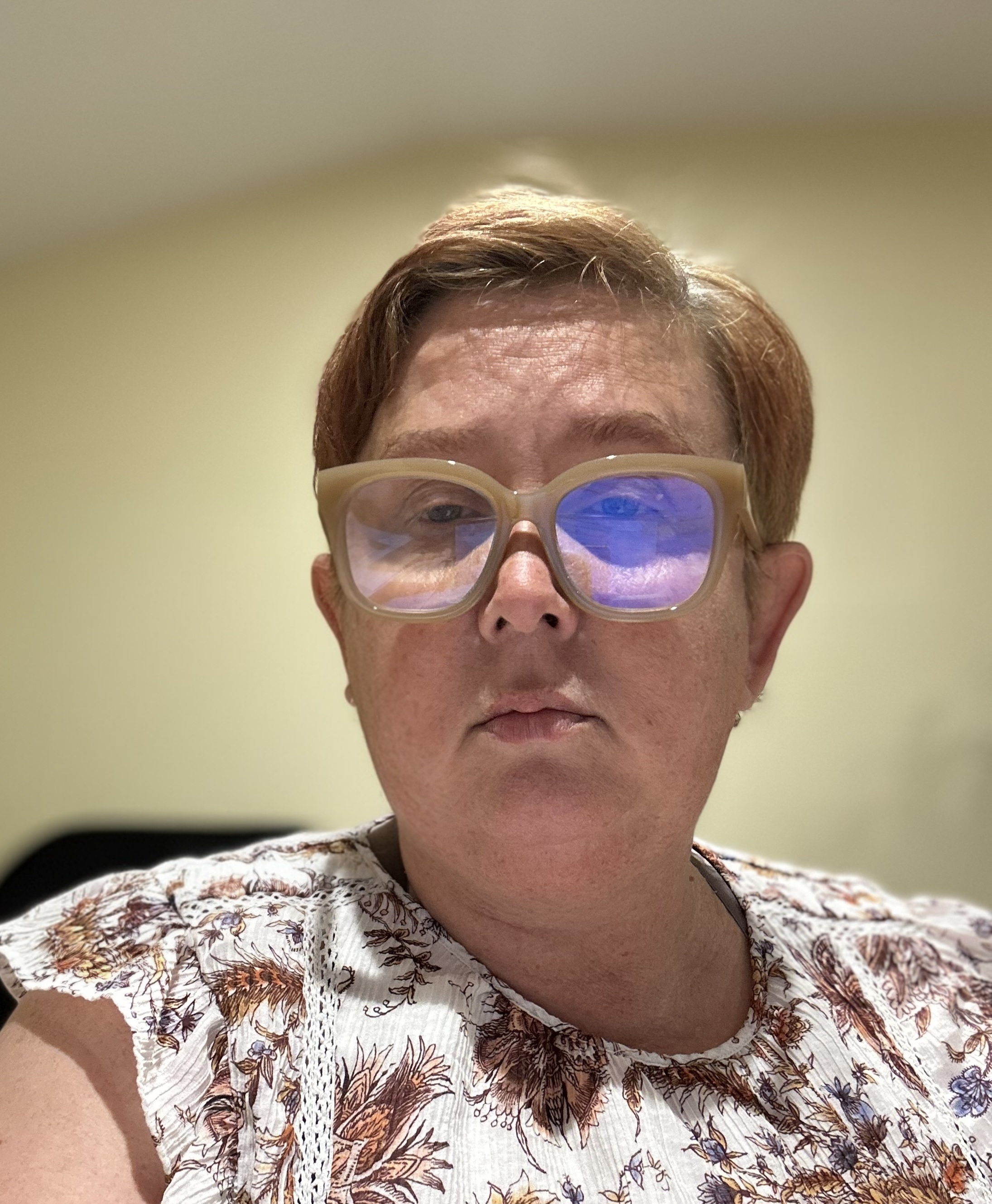
ADHD, Autism and Counselling
- Lynn Walker

- Jul 14
- 4 min read
Counselling people with ADHD and autism and yes , they often come together, making things even more unique is all about understanding the other persons world. It's very important to remember these aren't "problems" to fix; they're just different ways brains are wired. The whole point of counselling is to help people get a handle on their own unique setup, figure out what works for them, deal with the tricky bits, and really shine in their own way.
Here's the lowdown on how we approach it: It's All About Being Neurodiversity-Affirming
This just means we're all about saying, "You're wonderful just the way you are!"
* Total Acceptance: We celebrate differences! Things like how someone makes eye contact or does those repetitive movements (stimming) are seen as natural parts of who they are, not something to hide or be ashamed of.
* Focus on Strengths: Instead of dwelling on what's hard, we zero in on all the amazing things someone can do. This really helps people feel good about themselves and fight off any feelings of not being good enough.
* Respecting Everyone's Story: Everyone's journey is different, and we totally respect that. Their background and experiences shape how they see the world.
* Being Kind to Yourself: We encourage people to be their own best friend, especially since they might have faced a lot of misunderstanding in the past
Think of these as different ways to help navigate things:
* Learning About Your Brain: We share clear, easy-to-understand info about ADHD and autism. This helps people and their families "get" what's going on and figure out helpful strategies. Getting this info after a diagnosis is super important for understanding and making changes that work.
* Cognitive Behavioural Therapy (CBT) – But Tailored! CBT helps with stuff like anxiety, feeling down, or getting angry. But for neurodivergent folks, we tweak it:
* Keep it Simple & Visual: Use plain words, pictures, and real-life examples. No complicated metaphors or tricky "what if" scenarios!
* Focus on Actions: Sometimes, it's more about figuring out what to do rather than just talking about thoughts.
* Managing Feelings: Helping people understand and handle their emotions, which can be a big one for both ADHD and autism.
* Social Smart Stuff: We work on how to chat with people, pick up on social cues, and build great friendships. This might involve practicing, trying things out, and learning
specific ways to handle social situations
* "Executive Functioning" Skills: This is a fancy term for things like planning, staying organized, managing time, and focusing. We use practical tips, visual reminders, and routines to help with these.
* Applied Behavior Analysis (ABA) – The Good Bits: While some therapists are careful with traditional ABA (because it used to focus a lot on making people act "normal"), we can use its good parts. This means understanding why someone does something and using positive encouragement to help with communication, social skills, and daily tasks in a way that respects who they are.
* Acceptance and Commitment Therapy (ACT): This is about being mindful and accepting tough thoughts and feelings so they don't take over. ACT can help neurodivergent people live life according to what's important to them, using mindfulness and acceptance skills for things they can't control.
* Tuning into Your Senses: Many people with ADHD and autism have strong reactions to sounds, lights, or textures. We help with this by:
* Making spaces sensory-friendly (e.g., changing lights, reducing noise).
* Suggesting tools like fidget toys or weighted blankets.
* Figuring out ways to cope when things get overwhelming.
* Routines are Your Friend: Having a consistent daily plan, using visual schedules, and breaking down big tasks into smaller steps can really help reduce stress and improve organization.
* Harnessing Special Interests: If someone's super into dinosaurs or coding, we can actually use that in therapy! It's a great way to connect, keep them engaged, and even teach new things.
* Looking After Yourself: We talk about how important it is to get enough sleep, eat well, move your body, and do things that make you happy and relaxed.
* Tech for Good: Using apps for reminders, to-do lists, or stress relief can be a real game-changer.
When ADHD and Autism Hang Out Together
* Overlap Alert! ADHD and autism share some traits like trouble focusing or being impulsive, even though the reasons behind them might be different. We work to understand these subtle differences.
* Double Whammy Challenges: When both are present, things like organizing or socialising can become extra tough. Therapists are clued into these combined difficulties.
* Totally Personalized Plans: Because everyone's different, especially with both conditions, we create a plan that's just for them. No one-size-fits-all here!
What Makes a Good Counsellor
* Go with the Flow: Sessions might be shorter, or we might need breaks. A good therapist is patient and happy to change things up to suit the client.
* Crystal Clear Talk: We use simple, short sentences. Give one instruction at a time and ask them to repeat it back to make sure they got it.
* Respecting How You Communicate: We're curious about what feels right for the client, whether that's direct eye contact or something different.
* A Safe Space: It's about creating a place where people feel totally comfortable being themselves, without having to "mask" or pretend.
* Teamwork Makes the Dream Work: Often, we team up with other pros like doctors or occupational therapists to give really all-around support.
* Getting the Family Involved: For kids, it's super helpful if families are on board and talking with the therapist. For adults, having friends or family in their corner can make a huge difference.
Basically, good counselling for folks with ADHD and autism comes down to being understanding, respectful, and totally committed to helping them navigate their world in a way that feels good and lets them absolutely shine!
* #Therapy
#ADHDSupport #AutismSupport #Neurodiversity #Counselling #NeurodiversityAffirming #MentalHealth #ADHDAndAutism #SelfAcceptance #UKCounselling




Comments